Dr. Lucas RehnbergInnovaSpace Space Life Sciences Expert. Recently I had the pleasure to attend the world’s largest aerospace medicine conference in Las Vegas, the 90th Annual Aerospace Medical Association (AsMA) Conference. This was my second AsMA (@Aero_Med) meeting and it didn’t disappoint. As a doctor training in the UK with an interest in space medicine, the AsMA conference is a great opportunity to present work, meet other space medicine enthusiasts as well as individuals from different disciplines – but all with a shared passion for space and aerospace. The thought behind this blog was to serve as a taster of what AsMA has to offer to those thinking about pursuing a career in this field or who want to gain an idea of how to become involved. So, this was my experience of the conference: Day 1 - Monday Started with an incredible opening session commemorating the 50th anniversary of Apollo 11 and the moon landing. The panel was moderated by Dr Mike Barratt, astronaut and flight surgeon, and consisted of some giants from the Apollo missions: - Dr Charles Berry & Dr Bill Carpentier, Apollo flight surgeons. - Gerry Griffin, Apollo flight director. The session opened with a specially commissioned video dedicated to the Apollo 11 landing in 1969 and the lead-up time. It was an excellent reminder of what was achieved when a nation came together and set the tone for the discussion, reflecting on their experience of Apollo 11 and the Apollo missions. Some of my favourite moments of this session include when Dr Berry told a great story of stopping President Nixon from having a meal with the Apollo 11 crew the night before their launch, including a letter he wrote to President Nixon apologising for this. Then flight surgeon Dr Carpentier told us what flight surgeons learnt from the Mercury and Gemini missions, before starting on the Apollo missions. Dr Carpentier also spoke about some of his training, including practicing jumping from a moving helicopter in order that he could give medical assistance to the landing Apollo crews. Gerry Griffin spoke of the pressure of the Apollo missions and the relief mixed with excitement when the Apollo 11 crew set foot on the aircraft carrier after their landing. He also spoke about the Apollo 1 tragedy, what we learnt from all the Apollo missions, and how this will help human spaceflight now that we are focusing on going back to the Moon. Closing comments from each of the panel followed a similar theme, summed up best by Gerry Griffin, "We’ve gotta get back to the Moon. It’s been 50 years since we’ve done it...we need to get our mojo back." In the afternoon, I attended 2 panels; behavioural health in human spaceflight and advancing future space exploration with medical system design. The former panel emphasised the importance of human factors and behaviours for the success of exploration missions. It highlighted the lack of data and long-term follow-up of many of the astronauts, suggesting a need to ensure this occurs with current crew members, and also to better assess and monitor psychological performance. The latter panel was very interesting, attempting to do predict the impossible; what can go wrong with crewmembers and how do we plan/prepare for it? The list of medical conditions that could occur during a human mission to Mars is extensive, and plans for dealing with such events are still in development. The panel members described risk analysis with all the available current data, also emphasising the importance of an interface between medics and engineers to help design systems to overcome these problems (the old mass, power, volume issue). DAY 2 This began with the ESAM (European Society of Areospace Medicine) panel. There were talks on the difficult topic of airway management and intubation in microgravity, with some interesting results suggesting that modern video laryngoscopy could be a useful tool in novice healthcare providers in order to increase their success rate. There followed a review of the latest microgravity CPR data in order to develop an evidence-based CPR guideline, and finally Dr Christina Mackaill (@cosmic_scot - one to follow!) talked about some of the terrestrial benefits of hypogravity CPR research. The afternoon saw an EXCELLENT panel on analog missions, discussing the medical considerations for each one. Speakers included:
DAY 3 I also had the pleasure of presenting some work conducted with the Austrian Space Forum on the AMADEE18 Mars analog mission, looking at fatigue in analog astronauts. The rest of the panel included excellent speakers on current developments for IVA (intra vehicular activity) suits and a portable lower body negative pressure device. The afternoon session was then dedicated to the medical lessons learnt from the Apollo missions - a great historical look at what they did, what was learnt from it, and how it will shape what we do when going back to the Moon. The session included a review of the main biomedical results and how medical operations were conducted during the Apollo missions, an interesting insight into the food and nutrition of the Apollo crews, and the recovery and quarantine programme of the Apollo Moon landing missions. Truly some giants in the field of space life science, and what they learnt 50 years ago will shape how we return humans to the Moon in the next 10 years! DAY 4 This day had a good mix of space medicine topics:
I should point out that what I have written here is just my experience of the AsMA meeting this year in Las Vegas; there were so many other great panels that I couldn’t attend, even a course on desert medicine hosted by AsMA (alas, I had to fly home).
For students or young professionals looking to enter this exciting field, I would highly recommend the AsMA conference (next year in Atlanta, Georgia, USA). There are a range of scholarships to help fund attending the conference, check out the AsMA website for details: https://www.asma.org/home The conference will give you the opportunity to hear from experts, past and present, from NASA, ESA, all branches of the military, flight surgeons, astronauts, engineers and so many more. In addition, there are breakout sessions ranging from luncheons with guest speakers to ‘Speed Mentoring’ to help students and young professionals to network, build relationships and guide them in their next steps for a career in space. Again, if this is your dream, AsMA is a great place to start. For more information, check out their website, or get in touch for more information. If your a fan of social media, I would also recommend following InnovaSpace on Facebook, Instagram and/or Twitter, and also some of the mentioned individuals in this article - they are just a few of the many space medics out there doing interesting work - and apologies to anyone I missed! 6/8/2019 05:35:24 pm
Lucas, thanks for the great write-up. I used it as a handy reminder of some events in a small report I needed to write. Comments are closed.
|
Welcometo the InnovaSpace Knowledge Station Categories
All
|
InnovaSpace Ltd - Registered in England & Wales - No. 11323249
UK Office: 88 Tideslea Path, London, SE280LZ
Privacy Policy I Terms & Conditions
© 2024 InnovaSpace, All Rights Reserved
UK Office: 88 Tideslea Path, London, SE280LZ
Privacy Policy I Terms & Conditions
© 2024 InnovaSpace, All Rights Reserved
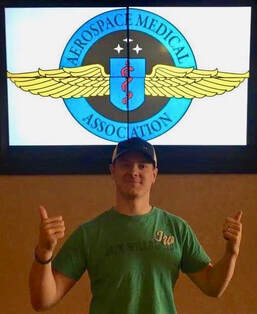
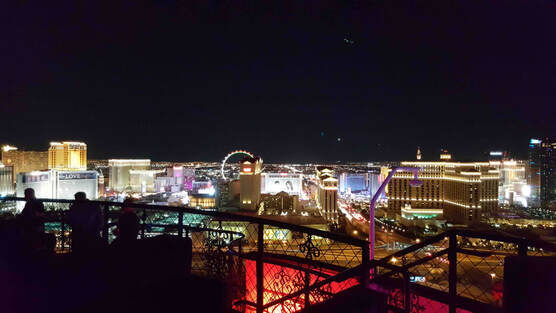
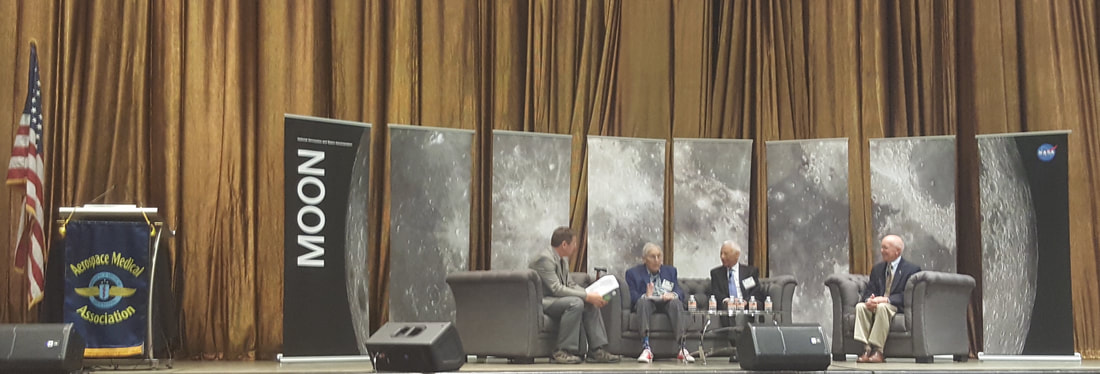
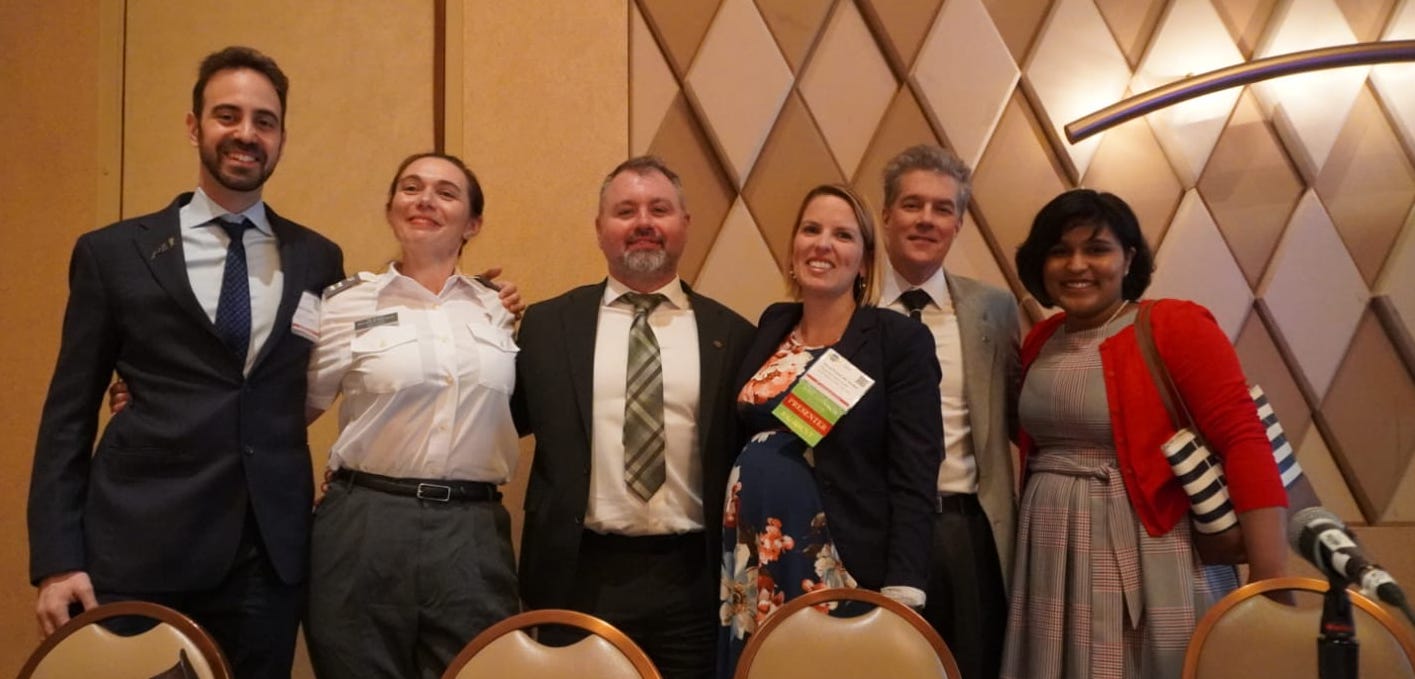
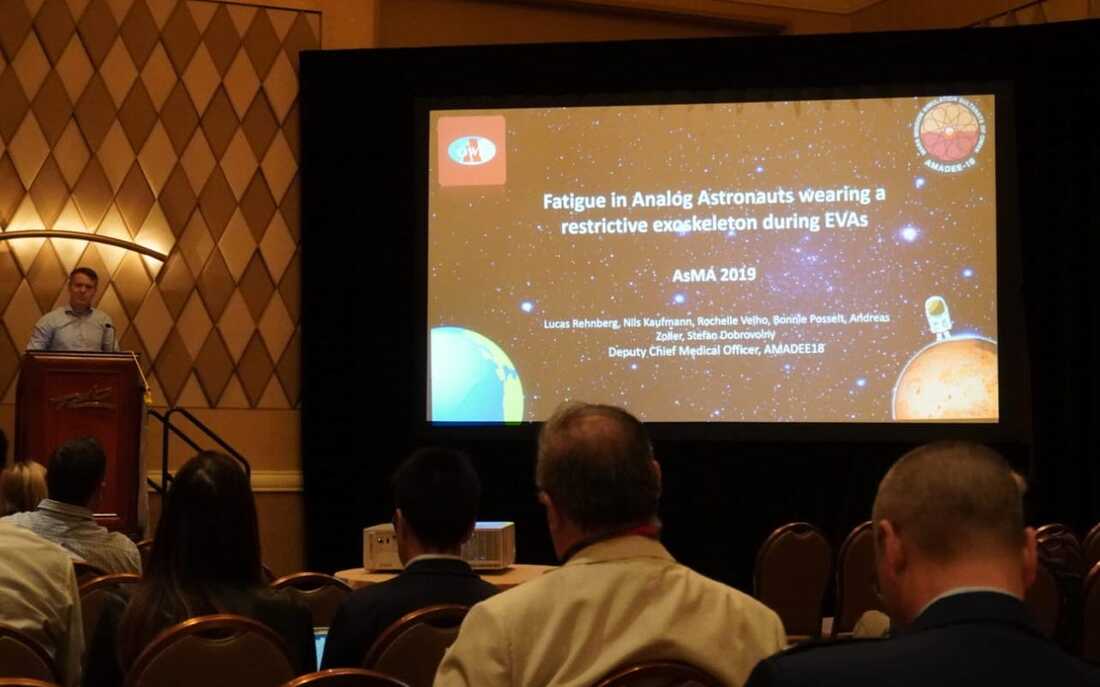
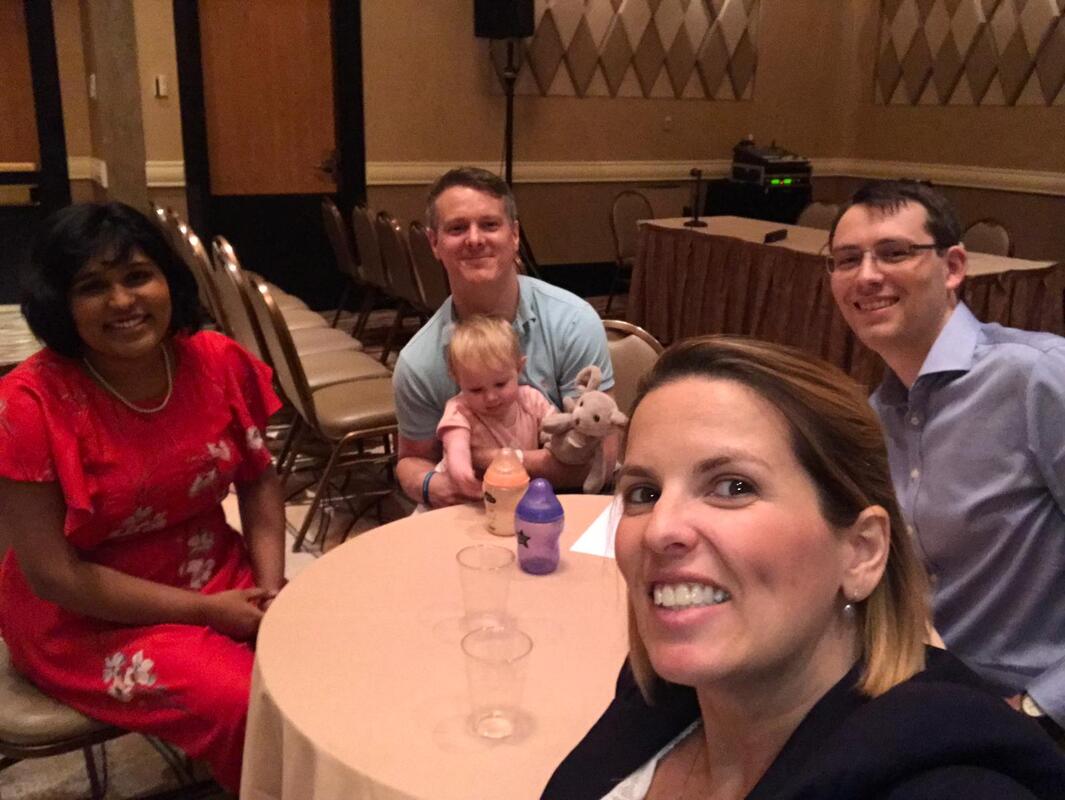
 RSS Feed
RSS Feed